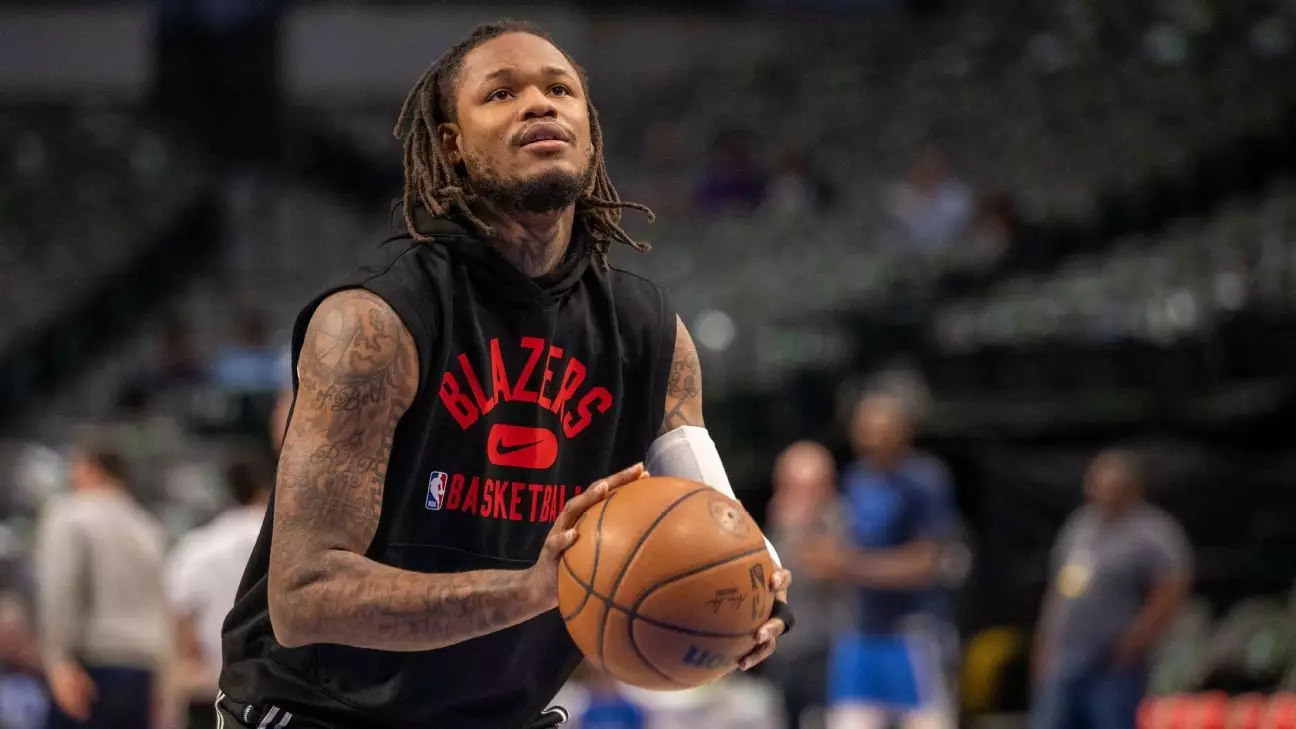The recent conviction of Ben McLemore, a former NBA player, serves as a stark reminder that fame does not grant immunity from accountability. While the case involves serious allegations of sexual assault, it also raises broader questions about how society perceives and handles allegations against publicly known individuals. This verdict underscores the importance of ensuring that justice remains accessible, unbiased, and uncompromised by a suspect’s social status. It’s a notion that should resonate beyond this single case, prompting us to reflect on whether the criminal justice system genuinely serves as an equalizer or if biases still influence outcomes.
Assessing the Legal Process and Its Implications
The trial itself, a grueling 11-day process culminating in a 10-hour jury deliberation, exemplifies the painstaking nature of legal proceedings in sensitive cases of sexual misconduct. The jury’s careful examination of evidence and testimony signifies a commitment to thorough justice. However, the path from accusation to conviction often involves intense scrutiny and polarizing narratives. In McLemore’s case, the evidence presented by the prosecution painted a picture of non-consensual acts, emphasizing the woman’s intoxication and vulnerability. His defense, contrastingly, framed the encounter as consensual, muddying the waters of certainty and illustrating how complex and subjective sexual assault cases can be.
The verdict itself, with McLemore found guilty on some counts but acquitted on others, highlights the nuanced nature of such cases. It’s a reminder that even within one incident, the legal system must weigh conflicting stories, evidence, and interpretations—an inherently imperfect process. Nevertheless, the conviction publicly affirms that perpetrators cannot escape justice simply through denial or legal ambiguity.
The Cultural Impact and the Power of Public Perception
This case also feeds into a larger societal debate about the role of celebrity in criminal proceedings. While the prosecutor’s statement emphasizes that no one is above the law, critics often argue that public figures face heightened scrutiny—sometimes to the point of trial by media. The verdict in McLemore’s case challenges any lingering notions of celebrity immunity; it’s a declaration that accountability is non-negotiable regardless of fame.
However, such cases also illuminate how public perception can influence both legal processes and societal attitudes. When a high-profile athlete is accused, defenders often invoke notions of privacy and presumed innocence, while victims may feel retraumatized if their experiences are overshadowed by the suspect’s status. This dichotomy underscores the importance of a balanced, fair approach—one that respects both the pursuit of justice and the rights of the accused.
The broader societal impact is equally profound. It sends a loud message that those wielding influence, whether in sports, entertainment, or other fields, are not exempt from scrutiny and consequences. Ultimately, the strength of this case lies in its ability to reinforce that accountability and justice are fundamental pillars of a fair society, regardless of the individual in question.


Leave a Reply